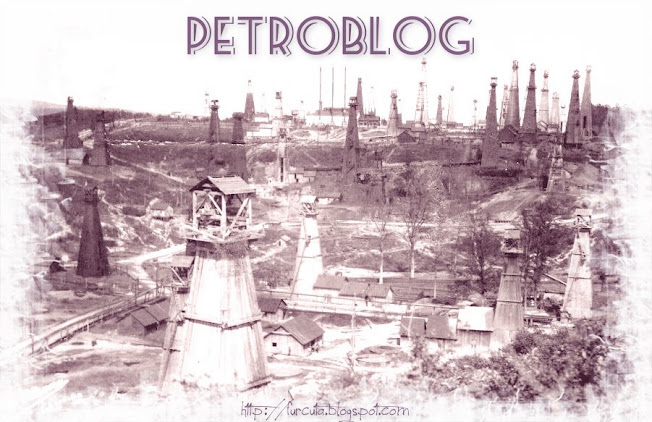Ploesti Zerstörte Petroleum-Tanks 1915
A dramatic story of how the romanian oil wells were destroyed was related by Mr. Watson Rutherford, M.P.at the meeting of the Romanian Consolidated Oilfields, Ltd. He also made the welcome disclosure that despite the feverish exertion of german engineers, the enemy had not yet found,a,means for the outlet and exportation of the oil. The romanian outlook for centuries to come was one of the most assured, said Mr. Rutherford. The destruction of the petroleum works was so complete that in spite of the feverish exertions of the german engineers, little petroleum had been taken out, and that could not be successfully used until means were found for refining and storing it. Only 50,000 russians and those a month late came to the aid of the romanians instead "of the promised 200,000” this was due to the bureaucratic corruption of the russian government of that date. Sir J. Norton, Griffith's mission, to destroy the oilfields was an inspiration of intelligence.Rumänien - Brand Expolsion bei Ploesti 1917
Hundreds of thousands of tons, worth millions of pounds, and priceless to the enemy, were destroyed under the very nose of the german troops, and within a few hours of their patrols in more than one case within a few minutes. The means of getting petroleum and using it were also destroyed. The wells were smashed up beyond hope of being worked. Derricks and refineries were burnt and blown up, machinery was smashed to atoms, pipelines were cut, tanks exploded and buildings knocked down. Their claim against the british government amounted to £1,270,724. Mr. Rutherford's description of the destruction was supplemented by a report which stated that the romanian official plan of destruction would not have prevented tho germans from reopening the wells, and colonel Norton Griffiths complained that he was getting no practical help from the authorities. The risk of volunteers to wreck the wells being shot if not in uniform, should the enemy capture them, caused colonel Norton Griffiths to give temporary commissions in the british army to three of the company's officials. These had since been decorated, captain Masterson with the D.S.O, and lieutenants Hayward and Simpson with the M.C. .When 40,000 tons of oil were burned at Moreni the conflagration "formed a black pall overhead, and it was almost as dark as night, the only light being a lurid glow from the burning oil through the fog of smoke" .The wells had also caught fire and the whole field was blazing. At the Astras works the party were cautioned that the power house was full of gas, and might explode at any moment. Colonel Norton Griffiths would not hear of the word "danger" and took a lighted fuse of hay, entered the building, and set fire to the oil, which had been pumped into the basement. The gas at that time was so strong as to asphyxiate anyone after a few minutes.It was a miracle that no one was killed. Colonel Norton Griffiths was only slightly burned. Included among the tanks tired was tho largest one in Europe. It collapsed quietly.
Poverty Bay Herald, Volume XLV, Issue 14495, 5 January 1918, Page 9


